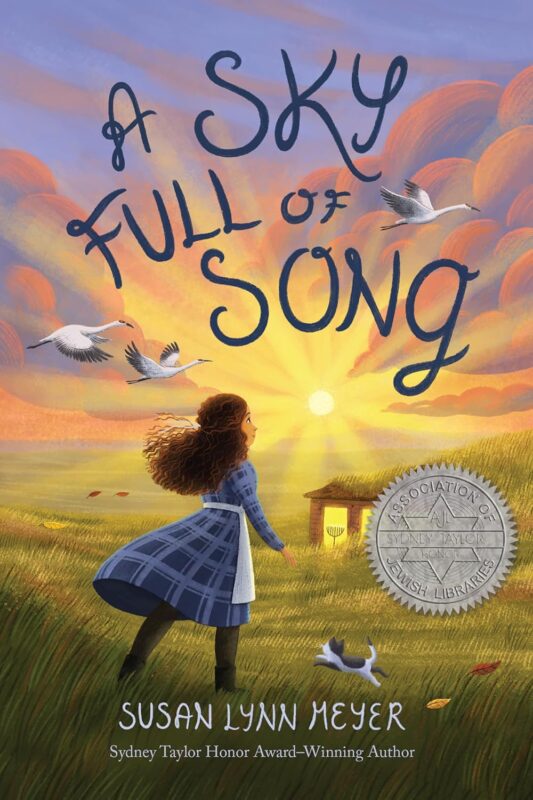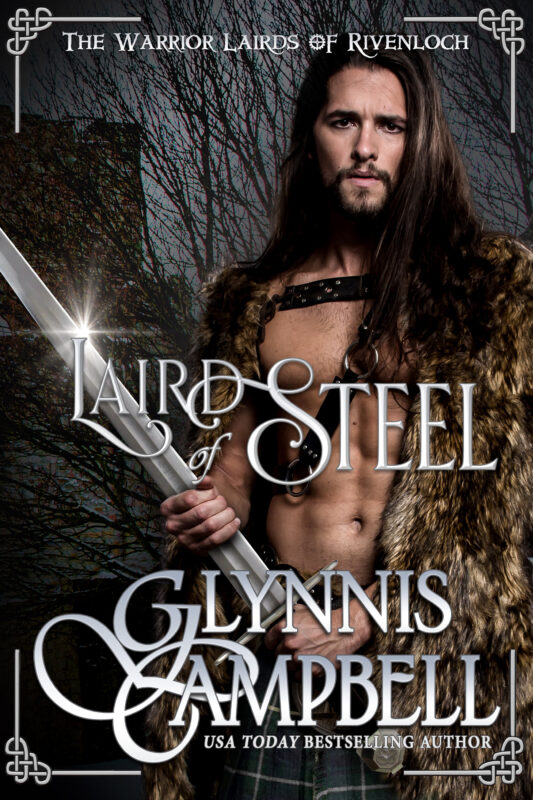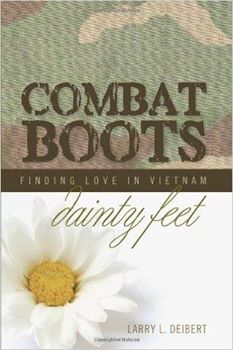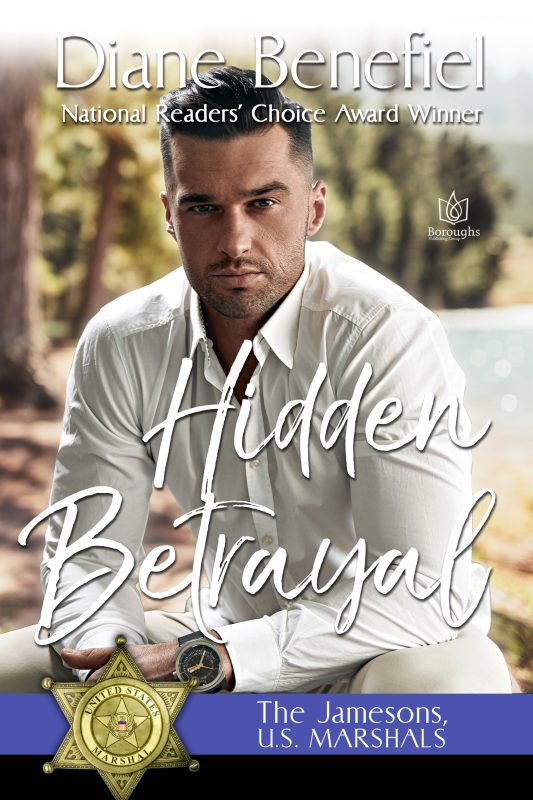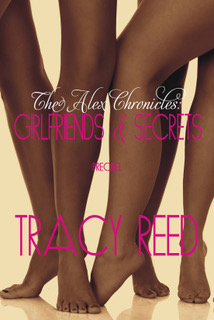Notes from Val’s Desk
April 3, 2009 by A Slice of Orange in category Archives tagged as Motivational, Notes From Val's DeskAs I concentrated on dusting the many books and putting a gleam on the rows of shelves, I picked up a small decorative picture frame. Sandwiched between a backing board and a dull piece of glass is one of my favorite little snippets of writing. I’d like to share it (the writing, not the dust) with you. This was written by Winston S.Churchill and is titled Thoughts and Adventures from “Hobbies,†a collection of essays published in 1932.
“What shall I do with all my books?†was the question; and the answer, “Read them,†sobered the questioner. But if you cannot read them, at any rate handle them and, as it were, fondle them. Peer into them. Let them fall open where they will. Read on from the first sentence that arrests the eye. Then turn to another. Make a voyage of discovery, taking soundings of uncharted seas. Set them back on their shelves with your own hands. Arrange them on your own plan, so that if you do not know what is in them, you at least know where they are. If they cannot be your friends, let them at any rate be your acquaintances. If they cannot enter the circle of your life, do not deny them at least a nod of recognition.
I think I’ll pay my writing books a little visit…..it’s been a while and I need to fondle them.
April President’s Message
April 1, 2009 by Marianne H. Donley in category ArchivesIt’s Spring; the season of renewal!
You caught my double entendre, yes? Of course you did if you read the announcement that came with this newsletter. It’s time to renew for your chapter. Past time actually, and we wouldn’t want you to miss out on this coming year!
Your new Board has brought a plethora of new energy and ideas to your chapter, and they’re open for more. Several of those ideas are based on need and reflect fundraising approaches. And many of you have already offered up suggestions on raising money. These are timely, as our numbers are not as strong as we hoped. You can view a synopsis of this year’s budget in this newsletter. We welcome your thoughts and questions.
You will see new items at the Ways and Means Table, on-line at Café Press, and at a Midnight Madness table in Washington DC. You will see more special one-day events such as the ones led by guest speaker Diane Pershing earlier this year. On-line classes will continue to bring you fresh voices and new outlooks to improve your writing and boost your career. We will continue to bring you monthly speakers who will motivate and inspire, provide you basic to advanced tools, and set the stage for your writing efforts.
Last month your Board approved a survey which will come to you in April, asking you what you want from your chapter, both in person and on-line, so we can continue to serve you in the best ways possible. Please, please, please take the time to fill it out and send it back. I truly want to see this Board setting the stage for the future, ensuring we are keeping pace with the times, and providing the most current and comprehensive assistance that you could ever want from local RWA. At the same time, I don’t want to see anyone left behind. We are all different, some technologically astute, and others a little techno-phobic. We are here to serve both, and all in between. But we can’t do this effectively without your help. Your Chapter exists to support you. Here is your opportunity to tell us how we can continue to assist you over the next five years.
It’s the season of renewal (did you?), the season of new ideas, of rebirth. Help your chapter be reborn as the springboard to your success. Please fill out the survey and lend us your thoughts and ideas to how we can best assist you, as an individual and a part of Orange County Chapter, to attain your writing goals.
Randi
The Artist’s Way
March 29, 2009 by A Slice of Orange in category The Artist Way by Gillian Doyle tagged as Artist's Way, Gillian Doyle [Notice to Readers: Unintentional as it was, this post could also be called “PASIC Conference, Part II” to Deb’s post yesterday. However, if you keep reading, you will understand why it ties into The Artist’s Way.]
[Notice to Readers: Unintentional as it was, this post could also be called “PASIC Conference, Part II” to Deb’s post yesterday. However, if you keep reading, you will understand why it ties into The Artist’s Way.]
I just returned from my first Published Authors Special Interest Chapter (PASIC), held every two years in New York City. Wow-oh-wow, what an experience. I’ll never miss another one! My roomie Debra Mullins was a long-time New Jersey RWA member before moving to OC in 2007. She couldn’t believe I hadn’t been to PASIC, and insisted I join her. I’m so glad I did. Everyone seems to know Deb from her stints as conference coordinator for NJRW, which means editors and agents are always stopping to say hello.
Our other roommate was OCC’s January speaker, Susan Meier, who had flown in from western Pennsylvania for her first-time PASIC, too. So we were the newbies, and Deb was more than happy to introduce us around. (Oh, and an added perk — Deb knows the best places for Italian, NY Pizza, barbecue, and Irish food! )
Former OCC member Faye Hughes and an OCC guest speaker last year, Christie Craig were the conference coordinators, and did a fantastic job. You have got to read Christie’s take on New York City…it’s too funny…. “A Southern Gal Goes To New York.“
What does all of this have to do with The Artist’s Way, you might ask? Because, throughout the conference, I found myself thinking of this book, and the workshop that I attended a few months ago. I have been a published author for 20 years now, and it is easy to fall into the “What ifs” and “If Onlys” when there are long dry spells. I have been to many conferences where there is a sense of despair in the air around me because I was in a bad place, a place where I doubted my talent, my commitment . . . my “calling”.
But I had to take my own path that did not include publishing year after year. And it’s okay! Everyone is different. For me, I have known for a very long time that my life is about overcoming the demons (not literally) and following a deep need to explore and understand my spiritual Self. I realize this is not everyone’s “thing” so I don’t talk about it. But the Artist’s Way does. Author Julia Cameron writes about the yearning to fulfill a sense of obligation to the Great Creator to be creative ourselves. A divine directive, as it were. If this creativity doesn’t come out in one way, it comes out in another. And if it is stifled, we suffer from depression that can lead to physical health problems.
Julia writes on page 64: “Life is what we make of it. Whether we conceive of an inner god force or an other, outer God, doesn’t matter. Relying on that force does.”
She talks of how we discount answered prayers, calling them coincidences or just plain luck. “We call it anything but what it is — the hand of God, or good, activated by our own hand when we act in behalf of our truest dreams, when we commit to our own soul.”
And when we pursue that dream, amazing things begin to happen. Synchronicity. Serendipity. That’s what has been happening to me in these past several months. Despite family emergencies that pull me away from writing, I have been kept on my path with the help of friends like Deb, and now Susan. I made new friends at PASIC. I’m renewed. Fired up. And in love with this career again.
One last thing before I close…. At PASIC I finally met a new author whose unpubbed entry I had judged a few years ago. I absolutely LOVED this story, and I am delighted that she sold it. It’s an historical YA with a twist of magic called THE BEWITCHING SEASON by Marissa Doyle. The sequel will be out this Fall.
Until next month….
– Gillian Doyle
www.gilliandoyle.com
A Fantasy Life
March 28, 2009 by A Slice of Orange in category Columns tagged as Janet Cornelow, Janet Quinn
By Janet Quinn Cornelow
Linda McLaughlin and I went to EPICon at the beginning of March. It was at
Linda and I went to a workshop on
One of the speakers, Marilyn Meredith, talked about the world she had built for the mysteries she had written. It has heavy Native American tones to it. Her detective lives between that world and the outer world.
That made me think about the fact that we build worlds for all of our stories. The world doesn’t have to have any magical elements to it. We create worlds in which our characters live. In Betrayals, I created the town of
Usually when writing a non-fantasy story, I don’t think about the fact that I am building a world to surround my characters, but I am. The Irish Countess needed a convent and a large farm. The Kilted Governess needed several sheep farms, a village, and an abandoned hut. So, all of those things just appeared.
It is usually called setting, but it is also world building. We have to put our characters into a world that is believable so our readers are anchored in the story.
Of course building worlds with magic and monsters is so much more fun. I bought a journal so I can start building my world for my urban fantasy. I can’t write on paper, but I like to be able to set my notes next to me while I do write. Journals are just so handy for all of that.
I can’t really start on the urban fantasy until Sam gets to where he needs to be. He is off hunting the slave hunters. He, Cooper and Arnou are angry, armed and dangerous. At least he’s moving again.
OCCRWA April Online Workshop – Show and Tell w Shannon Donnelly
March 26, 2009 by A Slice of Orange in category Archives********** permission to forward **********
Hi everyone! Check out the exciting online classes offered by the Orange County Chapter of RWA!
Show and Tell: An Interactive Workshop
With Shannon Donnelly
April 13, 2009 – May 9, 2009
Enrollment Information at http://www.occrwa.org/onlineclassApr09.html
COST: $20 for OCC members, $30 for non-members
Enrollment deadline: April 12, 2009
If you have specific questions, email occrwaonlineclass@yahoo.com
ABOUT THE CLASS:
“Show, don’t Tell” is a cliché that has almost lost its meaning. But “showing” and “telling” are both valuable tools for any writer. In this workshop, we’ll use writing examples to figure out the truth hidden in this tired phrase.
The “telling” part of the workshop includes tips, tricks, and techniques to help improve narrative and identify when it’s time to tell your story. The “showing” part blends a set of exercises to strengthen an understanding of what makes a scene come to life.
TOPICS:
1) Telling: Use of the Narrative Voice
2) Showing to Pull a Reader into Your Scenes
3) Descriptions: How to Make them Vivid
4) Deep Viewpoint to Show a Character’s Inner World
5) Time, Transitions & Word Count–where Telling Helps
6) Showing and Telling–Not Absolutes
7) Write to Your Strengths: When to Show, When to Tell
ABOUT THE INSTRUCTOR:
Award-winning author of romance novels, children’s books, video games, and non-fiction books, Shannon’s work has earned praise from Booklist and other reviewers, noting: “simply superb”…”wonderfully uplifting”….and “beautifully written.” Her numerous awards for writing include past finalist in the RWA’s RITA for Best Regency, winner of the Golden Heart Award, Grand Prize in the “Minute Maid Sensational Romance Writer” contest, (judged by Nora Roberts – which gave her a trip to Paris), the Laurel Wreath, Winter Rose, and multiple finalists in the Bookseller’s Best, Orange Rose, Holt Medallion, Colorado ACE, and other contests. Shannon is a member of Los Angeles Romance Authors (LARA), Orange County Chapter (OCC) of RWA, East Valley Authors (EVA), and the Published Author Special Interest Chapter (PASIC). She regularly teaches online workshops, including a class for UCLA, and has spoken at RWA’s National Conference, as well as at RWA chapter meetings and other conferences.
She can be found online at http://www.shannondonnelly.com/ and www.myspace.com/randomfreshink.
Enrollment Information at http://www.occrwa.org/onlineclassApr09.html
COST: $20 for OCC members, $30 for non-members
Enrollment deadline: April 12, 2009
Coming in May – “Writing the Synopsis” with Camy Tang
Whether you’ve got a complete manuscript or you’ve just started one, this class will help you write a complete synopsis for your story. She will take you step by step so that by the end of the class you will have written a one-page synopsis, a 4-6 page synopsis, and also a more organic “character” synopsis.
For a full class roster, go to http://www.occrwa.org/onlineclasses.html. Check out our full 2009 list of workshops. Want to be notified personally two weeks before each class? Be sure you’re signed up for our Online Class Notices Yahoo Group!
Sign up at the bottom of http://www.occrwa.org/onlineclasses.html or send a blank email to OCCRWAOnlineClassNotices-subscribe@yahoogroups.com
********** permission to forward **********
Affiliate Links
A Slice of Orange is an affiliate with some of the booksellers listed on this website, including Barnes & Nobel, Books A Million, iBooks, Kobo, and Smashwords. This means A Slice of Orange may earn a small advertising fee from sales made through the links used on this website. There are reminders of these affiliate links on the pages for individual books.
Search A Slice of Orange
Find a Column
Archives
Featured Books
LAIRD OF STEEL
Gellir faces the one intrepid warrior he may not be able to conquer.
More info →GIRLFRIENDS & SECRETS
Alexandra “Alex” Miller and her best friends are more like sisters. They live by the code that a good girlfriend will stick by you and be honest with you not matter what.
More info →Newsletter
Contributing Authors
Search A Slice of Orange
Find a Column
Archives
Authors in the Bookstore
- A. E. Decker
- A. J. Scudiere
- A.J. Sidransky
- A.M. Roark
- Abby Collette
- Alanna Lucus
- Albert Marrin
- Alice Duncan
- Alina K. Field
- Alison Green Myers
- Andi Lawrencovna
- Andrew C Raiford
- Angela Pryce
- Aviva Vaughn
- Barbara Ankrum
- Bethlehem Writers Group, LLC
- Carol L. Wright
- Celeste Barclay
- Christina Alexandra
- Christopher D. Ochs
- Claire Davon
- Claire Naden
- Courtnee Turner Hoyle
- Courtney Annicchiarico
- D. Lieber
- Daniel V. Meier Jr.
- Debra Dixon
- Debra H. Goldstein
- Debra Holland
- Dee Ann Palmer
- Denise M. Colby
- Diane Benefiel
- Diane Sismour
- Dianna Sinovic
- DT Krippene
- E.B. Dawson
- Emilie Dallaire
- Emily Brightwell
- Emily PW Murphy
- Fae Rowen
- Faith L. Justice
- Frances Amati
- Geralyn Corcillo
- Glynnis Campbell
- Greg Jolley
- H. O. Charles
- Jaclyn Roché
- Jacqueline Diamond
- Janet Lynn and Will Zeilinger
- Jaya Mehta
- Jeannine Atkins
- Jeff Baird
- Jenna Barwin
- Jenne Kern
- Jennifer D. Bokal
- Jennifer Lyon
- Jerome W. McFadden
- Jill Piscitello
- Jina Bacarr
- Jo A. Hiestand
- Jodi Bogert
- Jolina Petersheim
- Jonathan Maberry
- Joy Allyson
- Judy Duarte
- Justin Murphy
- Justine Davis
- Kat Martin
- Kidd Wadsworth
- Kitty Bucholtz
- Kristy Tate
- Larry Deibert
- Larry Hamilton
- Laura Drake
- Laurie Stevens
- Leslie Knowles
- Li-Ying Lundquist
- Linda Carroll-Bradd
- Linda Lappin
- Linda McLaughlin
- Linda O. Johnston
- Lisa Preston
- Lolo Paige
- Loran Holt
- Lynette M. Burrows
- Lyssa Kay Adams
- Madeline Ash
- Margarita Engle
- Marguerite Quantaine
- Marianne H. Donley
- Mary Castillo
- Maureen Klovers
- Megan Haskell
- Melanie Waterbury
- Melisa Rivero
- Melissa Chambers
- Melodie Winawer
- Meriam Wilhelm
- Mikel J. Wilson
- Mindy Neff
- Monica McCabe
- Nancy Brashear
- Neetu Malik
- Nikki Prince
- Once Upon Anthologies
- Paula Gail Benson
- Penny Reid
- Peter J Barbour
- Priscilla Oliveras
- R. H. Kohno
- Rachel Hailey
- Ralph Hieb
- Ramcy Diek
- Ransom Stephens
- Rebecca Forster
- Renae Wrich
- Roxy Matthews
- Ryder Hunte Clancy
- Sally Paradysz
- Sheila Colón-Bagley
- Simone de Muñoz
- Sophie Barnes
- Susan Kaye Quinn
- Susan Lynn Meyer
- Susan Squires
- T. D. Fox
- Tara C. Allred
- Tara Lain
- Tari Lynn Jewett
- Terri Osburn
- Tracy Reed
- Vera Jane Cook
- Vicki Crum
- Writing Something Romantic
Affiliate Links
A Slice of Orange is an affiliate with some of the booksellers listed on this website, including Barnes & Nobel, Books A Million, iBooks, Kobo, and Smashwords. This means A Slice of Orange may earn a small advertising fee from sales made through the links used on this website. There are reminders of these affiliate links on the pages for individual books.



